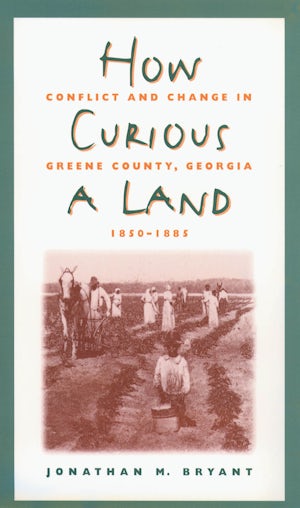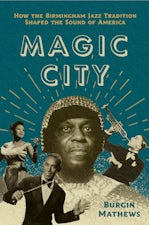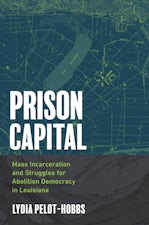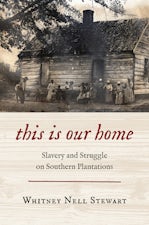How Curious a Land
Conflict and Change in Greene County, Georgia, 1850-1885
By Jonathan M. Bryant
276 pp., 6.125 x 9.25, 2 maps, 10 tables, notes, bibl., index
-
Paperback ISBN: 978-0-8078-5614-7
Published: October 2004 -
E-book EPUB ISBN: 978-1-4696-1711-4
Published: July 2014 -
E-book PDF ISBN: 979-8-8908-7389-7
Published: July 2014
Buy this Book
- Paperback $50.00
- E-Book $29.99
For Professors:
Free E-Exam Copies
Emancipated slaves made up two-thirds of the county's population at the end of the Civil War, and thanks to an able, charismatic, and politically active leadership, they enjoyed early success in pressing for their rights. But their gains, says Bryant, were only temporary, because the white elite retained control of the legal system and used it effectively against blacks. Law also helped shape the course of economic change as, for example, postbellum laws designed to benefit the new commercial elite ensured poverty for most of the county's small farmers, both black and white, by relegating them to the status of sharecroppers and tenants. As a result, the county's wealth, though greatly diminished in the postbellum years, remained concentrated in the hands of a small elite.
About the Author
Jonathan M. Bryant is associate professor of history at Georgia Southern University.
For more information about Jonathan M. Bryant, visit
the
Author
Page.
Reviews
"[A] deeply researched and eloquently written book. . . . [A] fine work, which deserves more than a strictly academic audience."--Law and History Review
"An excellent analysis of the watershed years of the nineteenth century."--Atlanta History
"A readable, intelligent book that makes a worthy contribution to a substantial body of literature."--Journal of American History
"Offers rich insights into the law and compelling glimpses into the lives of ordinary folk."--Journal of Southern History
"A deftly conceived and elegantly written local history, with commendable emphasis on a number of important and sharply characterized individuals."--Choice
"Jonathan Bryant's book is in many ways a model history of a Southern place. It is carefully researched, thoughtfully considered, and written with sensitivity. . . . Bryant's book makes a familiar history more human--and all the more bittersweet as a result."--Virginia Quarterly Review




